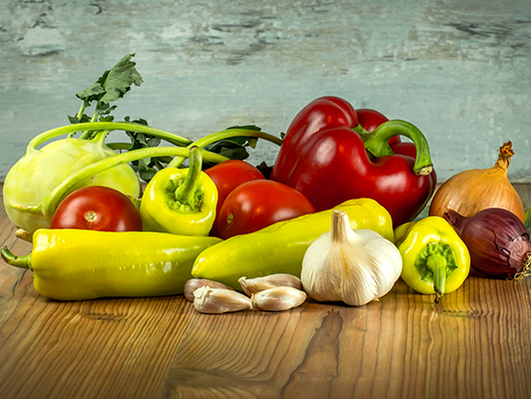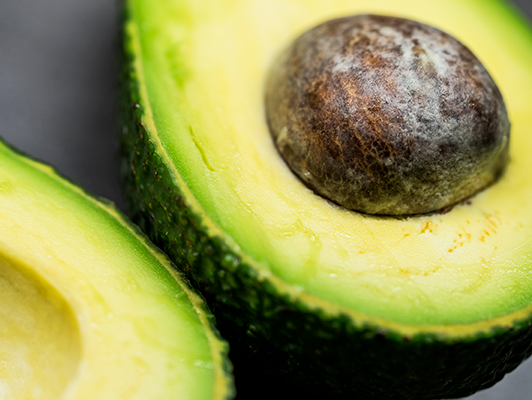Symptoms of Breast Cancer:In its early stages, breast cancer usually has no symptoms. As a tumor develops, you may note the following signs:
|
- Pain or tenderness in the breast. Although lumps are usually painless, pain or tenderness can be a sign of breast cancer.
- A noticeable flattening or indentation on the breast, which may indicate a tumor that cannot be seen or felt.
- Any change in the size, contour, texture, or temperature of the breast. A reddish, pitted surface like the skin of an orange could be a sign of advanced breast cancer.
- A change in the nipple, such as a nipple retraction, dimpling, itching, a burning sensation, or ulceration. A scaly rash of the nipple is symptomatic of Paget’s disease, which may be associated with an underlying breast cancer.
- Unusual discharge from the nipple that may be clear, bloody, or another color. It’s usually caused by benign conditions but could be due to cancer in some cases.
- An area that is distinctly different from any other area on either breast.
Stages of Breast Cancer
Stage 0Signs of Pre-Cancer of the breast also known as the earliest form of breast cancer. The cancer is still within a breast duct and has not invaded deeper into the surrounding fatty breast tissue. |
Stage IAThe tumor is 2cm and has not spread to the lymph nodes. |
Stage IBThe tumor is 2m or less and some cancer has spread to the lymph nodes. |
Stage IIAThe cancer has spread to some of the lymph nodes, tiny amounts of cancer are found in the internal mammary lymph nodes. It has spread to 1 to 3 lymph nodes under the arm area. |
Stage IIBThe cancer is definitely in the lymph nodes and has spread to other nodes. |
Stage IIIAThe tumor measures around 5cm. It has spread to 4 to 9 lymph nodes. |
Foods to help you stay Cancer-free
The following foods have the ability to help stave off cancer and some can even help inhibit cancer cell growth or reduce tumor size:
- Avocados are rich in glutathione, a powerful antioxidant that attacks free radicals in the body by blocking intestinal absorption of certain fats. They also supply even more potassium than bananas and are a strong source of beta-carotene.
- Broccoli, cabbage, and cauliflower have a chemical component called indole-3-carbinol that can combat breast cancer by converting a cancer-promoting estrogen into a more protective variety. Broccoli, especially sprouts, also have the phytochemical sulforaphane, a product of glucoraphanin – believed to aid in preventing some types of cancer, like colon and rectal cancer.
- Carrots contain a lot of beta carotene, which may help reduce a wide range of cancers including lung, mouth, throat, stomach, intestine, bladder, prostate and breast.
- Chili peppers and jalapenos contain a chemical, capsaicin, which may neutralize certain cancer-causing substances (nitrosamines) and may help prevent cancers such as stomach cancer.
- Figs apparently have a derivative of benzaldehyde. It has been reported that investigators at the Institute of Physical and Chemical Research in Tokyo say benzaldehyde is highly effective at shrinking tumors. In addition, the U.S. Department of Agriculture says figs, which contain vitamins A and C, and calcium, magnesium and potassium, may curtail appetite and improve weight-loss efforts. Fig juice is also a potent bacteria killer in test-tube studies.
- Flax contains lignans, which may have an antioxidant effect and block or suppress cancerous changes. Flax is also high in omega-3 fatty acids, which are thought to protect against colon cancer and heart disease.
- Garlic has immune-enhancing allium compounds (dialyl sultides) that appear to increase the activity of immune cells that fight cancer and indirectly help break down cancer causing substances. These substances also help block carcinogens from entering cells and slow tumor development.
- Grapefruits, like oranges and other citrus fruits, contain monoterpenes, believed to help prevent cancer by sweeping carcinogens out of the body. Some studies show that grapefruit may inhibit the proliferation of breast-cancer cells in vitro. They also contains vitamin C, beta-carotene, and folic acid.
- Grapes, red contain bioflavonoids, powerful antioxidants that work as cancer preventives. Grapes are also a rich source of resveratrol, which inhibits the enzymes that can stimulate cancer-cell growth and suppress immune response. They also contain ellagic acid, a compound that blocks enzymes that are necessary for cancer cells – this appears to help slow the growth of tumors.
- Sweet potatoes contain many anticancer properties, including beta-carotene, which may protect DNA in the cell nucleus from cancer-causing chemicals outside the nuclear membrane.
- Kale has indoles, nitrogen compounds which may help stop the conversion of certain lesions to cancerous cells in estrogen-sensitive tissues. In addition, isothiocyanates, phytochemicals found in kale, are thought to suppress tumor growth and block cancer-causing substances from reaching their targets.
- Oranges and lemons contain Iimonene which stimulates cancer-killing immune cells (lymphocytes, e.g.) that may also break down cancer-causing substances.
- Papayas have vitamin C that works as an antioxidant and may also reduce absorption of cancer-causing nitrosamines from the soil or processed foods. Papaya contains folacin (also known as folic acid), which has been shown to minimize cervical dysplasia and certain cancers.
- Red wine, even without alcohol, has polyphenols that may protect against various types of cancer. Polyphenols are potent antioxidants, compounds that help neutralize disease-causing free radicals.
- Teas: Green Tea and Black tea contain certain antioxidants known as polyphenols (catechins) which appear to prevent cancer cells from dividing. Green tea is best.


